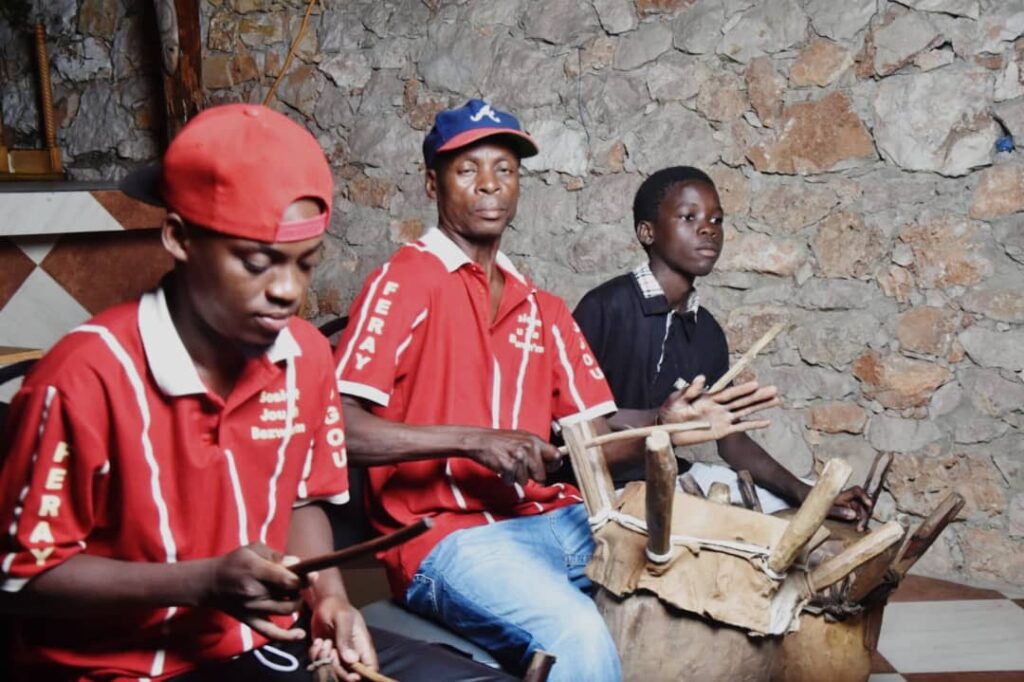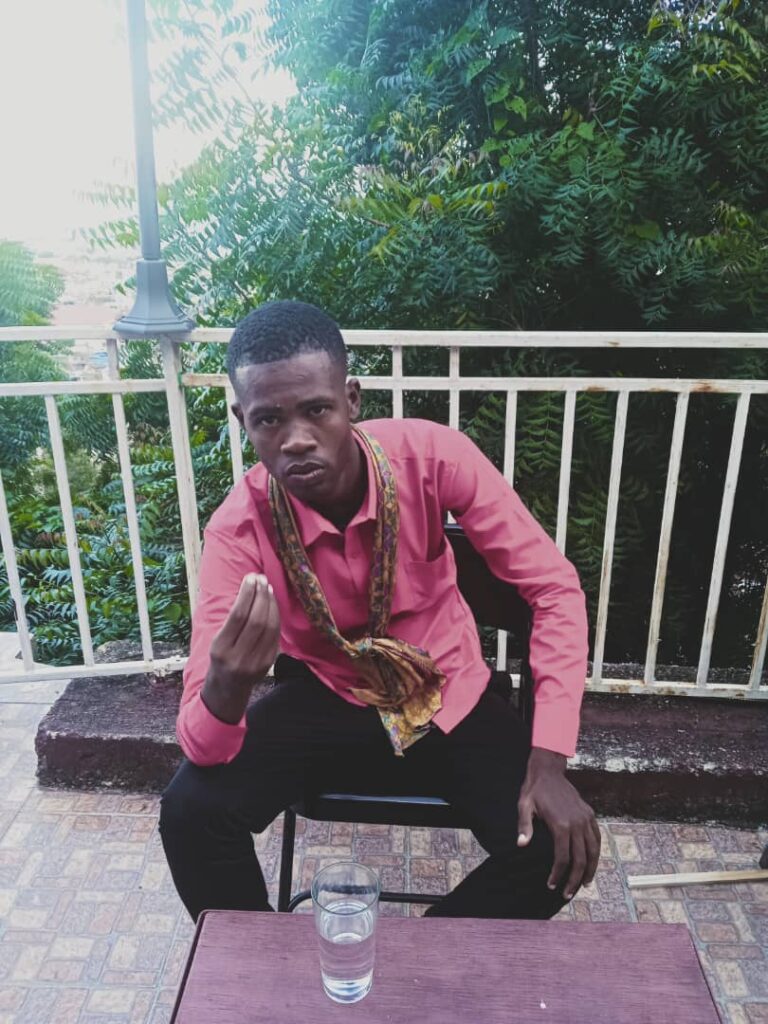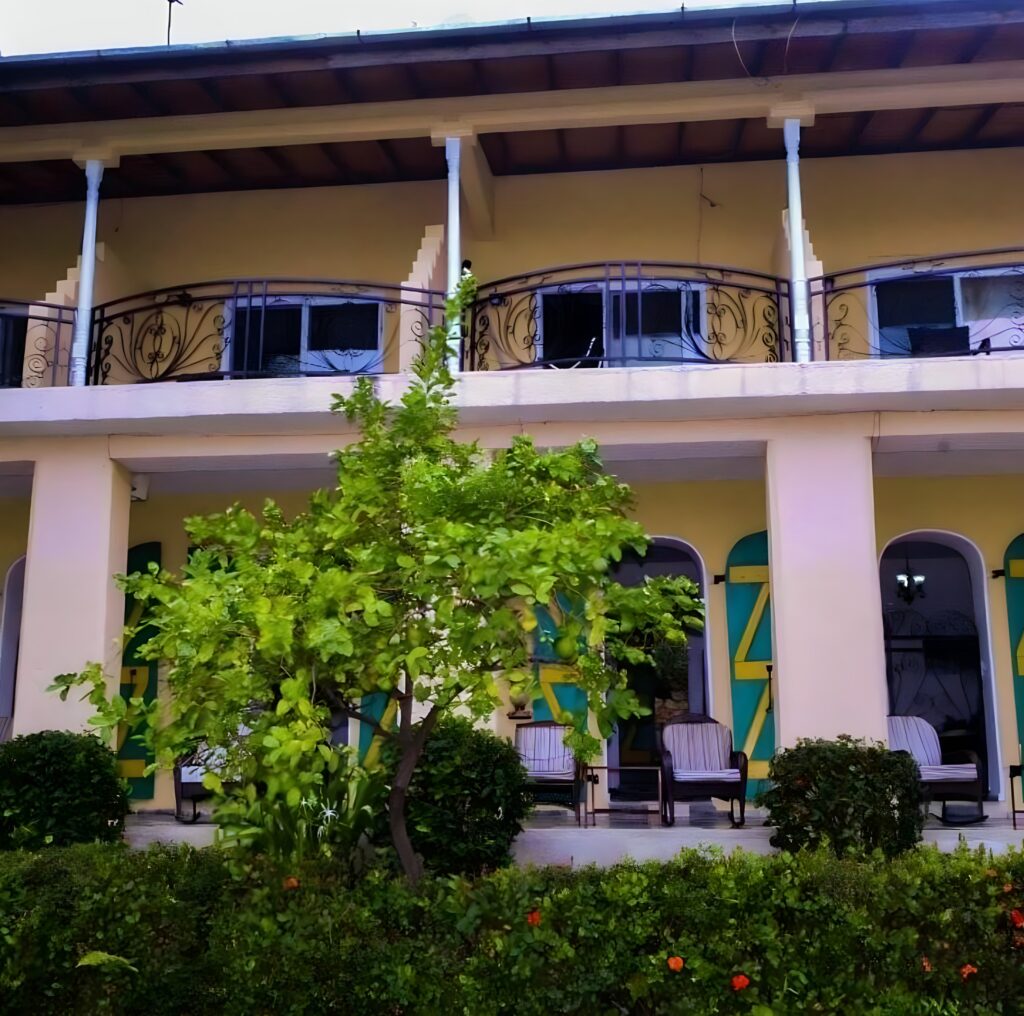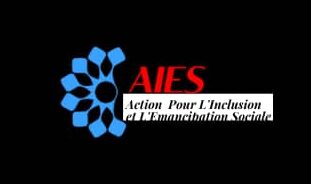Bringing Haiti together at a Cap-Haïtien voodoo festival
Moïse Manoël-Florisse, is an African-Caribbean online journalist keeping an eye…
LGBT+ advocacy group to sponsor international voodoo festival this summer.
While Haiti’s capital, Port-au-Prince, is plagued with unending violence, the north of the country seems to be holding its own, attracting numerous cultural events that can no longer take place in the country’s main metropolitan area. In this context, the northern city of Cap-Haïtien is scheduled to host the first international voodoo festival from Aug. 22 to 29, at the initiative of Action pour l’Inclusion et l’Émancipation Sociale (AIES), an LGBT+ organization.

Separate from sensationalized Hollywood representations, voodoo is a religion that developed in Haiti during the slave trade of the 16th to 19th centuries, combining elements of Roman Catholicism with aspects of traditional religions of West and Central Africa. Many of its believers supported the Haitian Revolution of 1791 that overthrew the French colonial government, abolished slavery, and established the Republic of Haiti. Voodoo flourished in Haiti after the Roman Catholic Church left the country for several decades following the Revolution.
Erasing 76 Crimes interviewed Steeve Grand-Jean, the president of AIES, about the festival.
Steeve Grand-Jean: I want this festival to succeed, because as a child I grew up in a conservative environment with Jehovah’s Witnesses, and I feel I’ve been cut off from my ancestral cultural roots. What’s more, I was pressured into marrying a woman when I was in church, which resulted in an unhappy marriage that caused me embarrassment, sadness and depression, as well as a separation.

In the end, it was voodoo that saved me, and it was through voodoo spirituality that I came to accept myself as I am.
Indeed, in voodoo, there are many people who share the same sexual orientation as me, and very quickly I met a surrogate family who brought me a lot of comfort.
What’s more, since voodoo is the religion of my ancestors, I was able to reconnect with a form of pride rooted in Haitian history, going all the way back to the Bois-Caïman ceremony of August 14, 1791, the starting point for the slave revolts that led to Haiti’s independence.
Today, I want to bring this festival to fruition, because in a country plagued by the very serious troubles that Haiti is experiencing, it’s important to try to come together, when every day the insecurity in the capital isolates us from one another. And a festival is always an opportunity to celebrate a cultural and heritage identity that makes us Haitians and nothing else.

In the context of the strong emigration our country is experiencing, while our country is being drained of its vital forces and the number of homicides is reaching record levels, we must continue to fight to ensure the transmission of knowledge to those who will remain here to perpetuate Haitian traditions.
Erasing 76 Crimes: Do you have any concerns about the security of the event given the context in the country?
Steeve Grand-Jean: The north of Haiti is much safer than the rest of the country, especially Port-au-Prince. Here in Cap-Haïtien, we’re lucky to have a police force that does its job, so I’m not too worried. What’s more, the festival will be held in the exceptional setting of the Habitation des Lauriers overlooking the city.

For the moment, we have the support of the Ministry of Culture and Communication of Haiti, as well as that of the Bureau National d’Ethnologie.
Guests scheduled to perform include Errol Josué, singer and actor, and Darius Agbodjogbe from Benin.
Last but not least, our supporting partners include the Fondation Sérovie, the Fondation pour la Santé Reproductrice et l’Education Familiale (FOSREF), the Association Nationale du Théâtre pour le Renouveau Artistique du CINÉ (ANTHRACINÉ), and Housing Work. Other partners are expected to join soon.





Black Magic is bad.